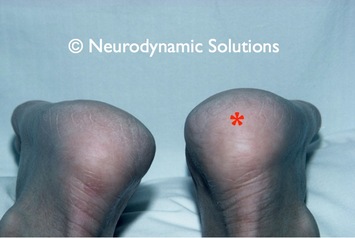Lancet:
Antipsychotic drugs versus cognitive behavioural therapy versus a combination of both
MAY 01, 2018
CBT as effective as meds
https://www.thelancet.com/journals/lanpsy/article/PIIS2215-0366(18)30096-8/fulltext
Our single-blind, randomised, controlled pragmatic pilot and feasibility trial showed that a study comparing antipsychotics, CBT, and antipsychotics plus CBT is possible in people with psychosis. Our trial had low attrition (<20% at each timepoint) that was balanced across interventions, and only a small proportion of participants received an intervention to which they were not allocated. All three interventions were broadly safe and acceptable.
http://www.dusunenadamdergisi.org/ing/fArticledetails.aspx?MkID=1124
Emerging Behavioral and Psychotherapeutic Interventions for Schizophrenia
May 2016
There is rigorous empirical support for the efficacy of short term CBTp, and psychosocial interventions, such as supported employment and family interventions. Both effect sizes and other outcome measures indicate that these interventions have the potential to make a major difference in the lives of patients and caregivers, and to reduce economic burden of psychiatric disability. While cognitive remediation has been supported by several meta-analytic reviews, larger scale studies with systematic assessment of dose, task generalization, changes in everyday behavior, and individual differences in response are needed to establish standard implementations for dissemination. The striking procognitive and neurotrophic effects of physical activity in animal models has motivated preliminary studies of exercise based intervention for cognitive improvement in schizophrenia. Additionally, increased physical activity would likely improve health outcomes for patients with psychotic disorders. While clinical studies of exercise and activity interventions are very premature now, this approach is extremely promising.
Problems with meds
Mental health professionals’ views and experiences of antipsychotic reduction and discontinuation
https://journals.plos.org/plosone/article?id=10.1371/journal.pone.0218711Exercise Therapy for Schizophrenia
https://tinyurl.com/t498shf
Three randomized controlled trials met the inclusion criteria. Trials assessed the effects of exercise on physical and mental health. Overall numbers leaving the trials were similar. Two trials compared exercise with standard care and both found exercise to significantly improve negative symptoms of mental state (Mental Health Inventory Depression: 1 RCT, n = 10, Mean Difference [MD] 17.50 CI 6.70–28.30, Positive and Negative Syndrome Scale [PANSS] negative: 1 RCT, n = 10, MD 8.50 CI 11.11 to 5.89; figure 1). No absolute effects were found for positive symptoms of mental state. Physical health improved significantly in the exercise group compared with those in standard care (1 RCT, n = 13, MD 79.50 CI 33.82–125.18; figure 2), but no effect on peoples’ weight/BMI was apparent. One study compared exercise with yoga and found that yoga had a better outcome for mental state (PANSS total: 1 RCT, n = 41, MD 14.95 CI 2.60–27.30). The same trial also found that those in the yoga group had significantly better quality of life scores




